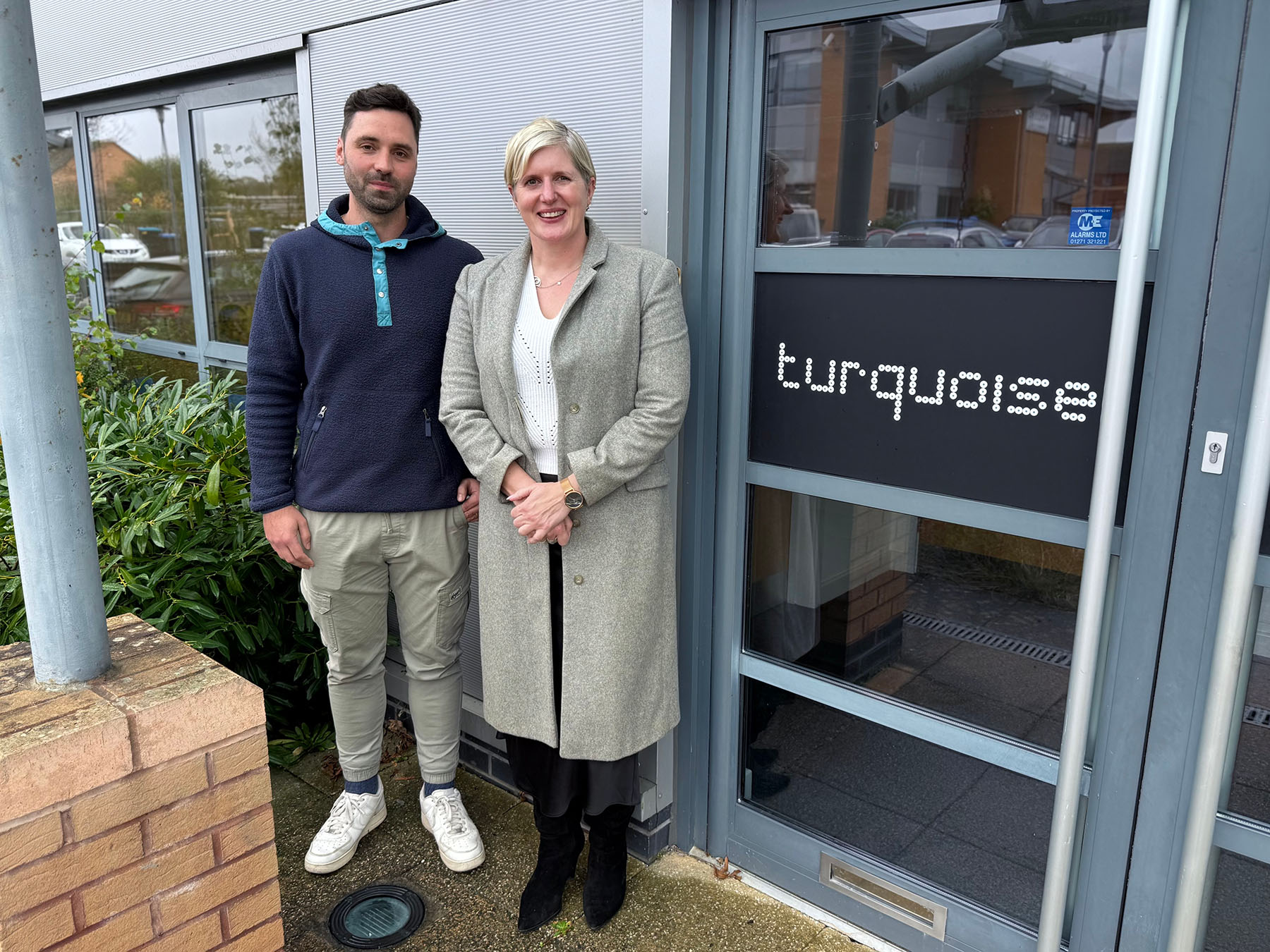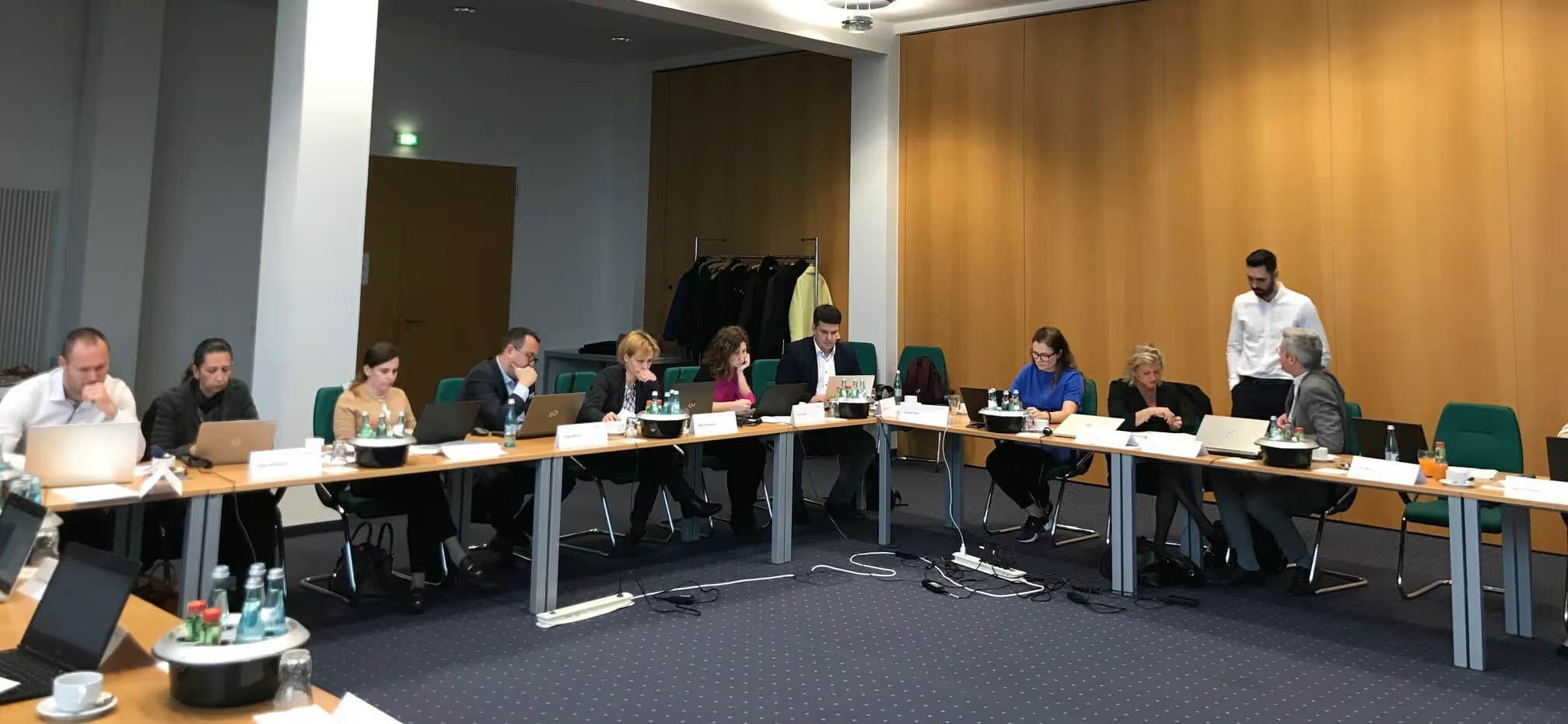
Insight
13th March 2024
Utilities customer satisfaction hits rock bottom in 2024
Market research data gathered by the Institute of Customer Service delivers a stark message to the UK’s Utilities companies. Customer satisfaction has hit a record low, and the sector is ranked the least customer friendly.

That’s according to the Institute’s six-monthly Customer Satisfaction Index, which is published every January and July. The January 2024 Index scored the Utilities sector at just 69.5 out of 100, lowest of all the 13 industry sectors measured.






























